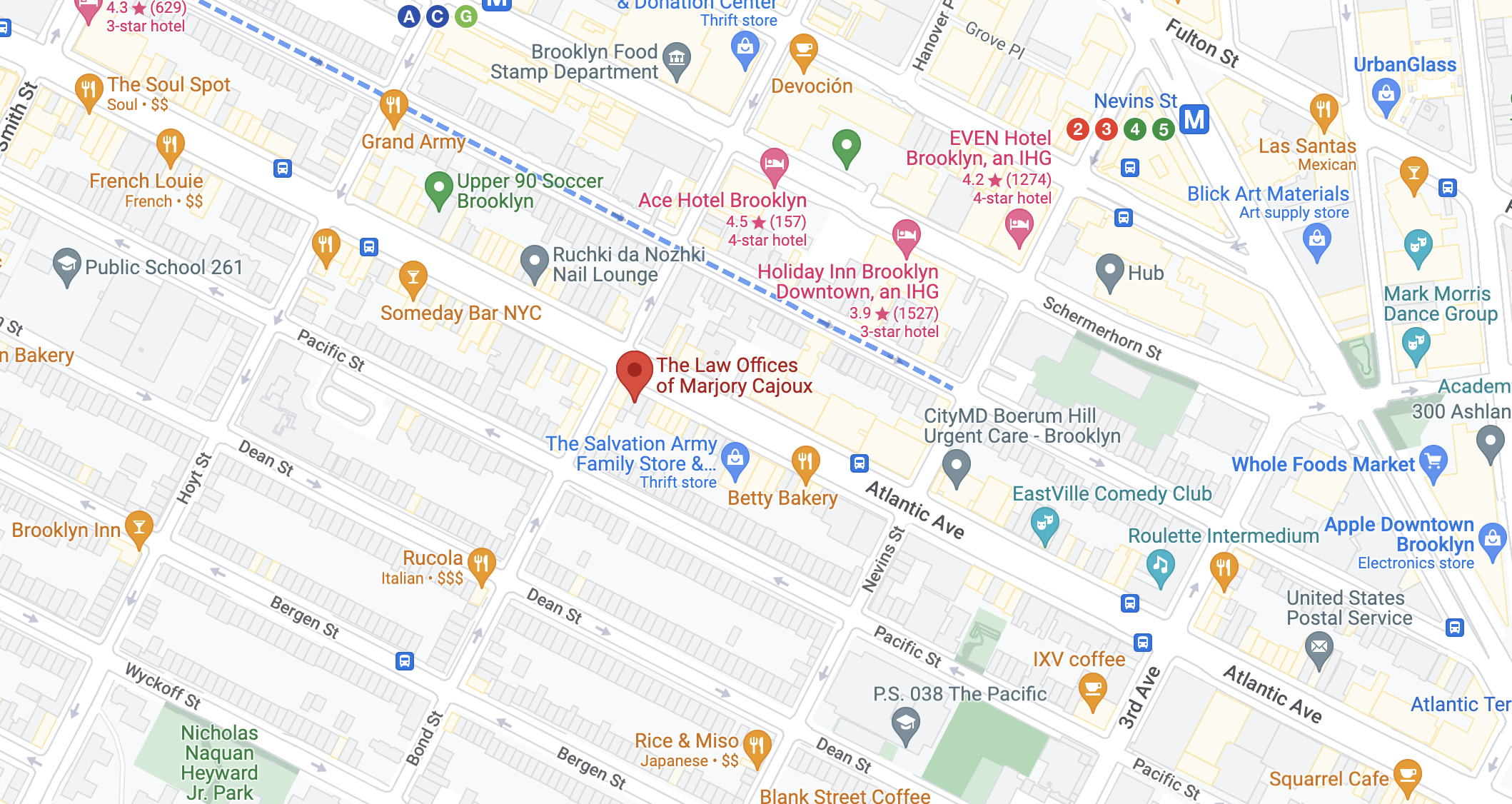One of the ways that a person can receive emergency residency in the United States is to create a self-petition. The self-petition allows a person in New York or elsewhere in the nation who is being abused to file on their own to the U.S. Citizenship and Immigration Service. The term self-petition is used because a person would usually file with a sponsor. Understandably, there are a lot of questions and concerns that a person may have about this issue. The following includes further details about areas of self-petitioning that you must understand before taking action.
Eligibility
Much like any other document or request to the USCIS, there are restrictions on who can file for a self-petition. Before you file your petition, it is important to think about your situation and see if you meet the criteria listed below:
- The abuser is a U.S. citizen or legal permanent resident.
- They are abusing you or your children.
Common-law marriage concerns
One of the concerns for individuals who are being abused is if their common-law marriage counts as a legitimate marriage. According to immigration law, it does count, so you may be able to file a self-petition.
What about same-sex marriages?
For many years, this would not have been considered a legal marriage. However, since the U.S. Supreme Court ruled that no state could discriminate against same-sex marriages, the USCIS would have to recognize your marriage as real and allow you to self-petition.
The process of self-petitioning may be a daunting task. It is highly recommended to seek the services of an immigration attorney. This may provide you with an advocate to walk you through the process and get your request heard as soon as possible.




